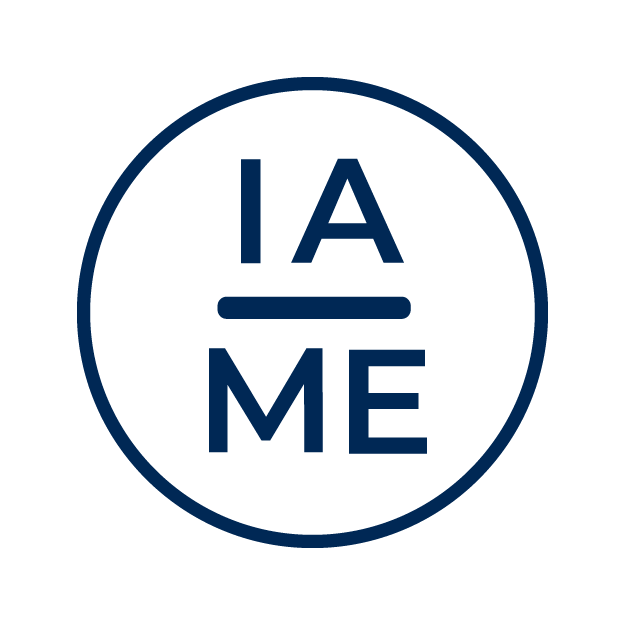REFUND POLICY
Purchases of CME Membership Plans, webinars, courses, or any service or product sold by IAME.com are non-refundable. By making the purchase you agree that you have read and agree with the terms of service and use and understand and agree that there will be no refunds.
Accidents happen: If you accidentally purchase two of the same membership IAME may apply the extra purchase to the next year or will refund the extra purchase, minus any credit card fees incurred by IAME.com for the purchase not paid by the purchaser. If you accidentally purchase two plans, please contact us at support@iame.com. Do not file a dispute with your credit card company for the extra purchase.
Chargebacks
A chargeback or credit card dispute occurs when a customer “disputes” a charge on their credit card. This action is typically done for fraudulant purchases found on your credit card statement. You should not use a credit card dispute as a way to get a refund or “cancel” your purchase. It is your responsibility to contact us directly with any questions or disputes about credit card charges. If you contact your financial institution and report that you did not authorize your CME purchase you will be responsible for repayment of the CME purchase together with chargeback fees, transaction fees imposed by our payment processors. In rare cases where an individual refuses to cooperate in the reinstatement of a charge we also reserve the right to take the following measures: impose and collect fees and costs associated with the collection process; revoke any CME awards transmitted to outside agencies such as ARDMS/APCA and Cardiovascular Credentialing International. Abusers will also be subject to a lifetime ban from IAME.
Disputing a legitimate charge on your credit card that you agree with is a form of fraud and perpetrators will be reported to the authorities.
These are some real-life examples:
Buying a membership, taking 30 credits of courses and then disputing the charge after downloading the certificates, and claiming that the charge was made by someone else.
Buying a membership, taking courses, then disputing the charge as a product not delivered.
Buying a membership, forgetting one’s password or which email was used, then disputing that charge and buying another membership under another email address.
Buying a membership, forgetting to use it, membership expires and then filing a dispute for product not delivered.
